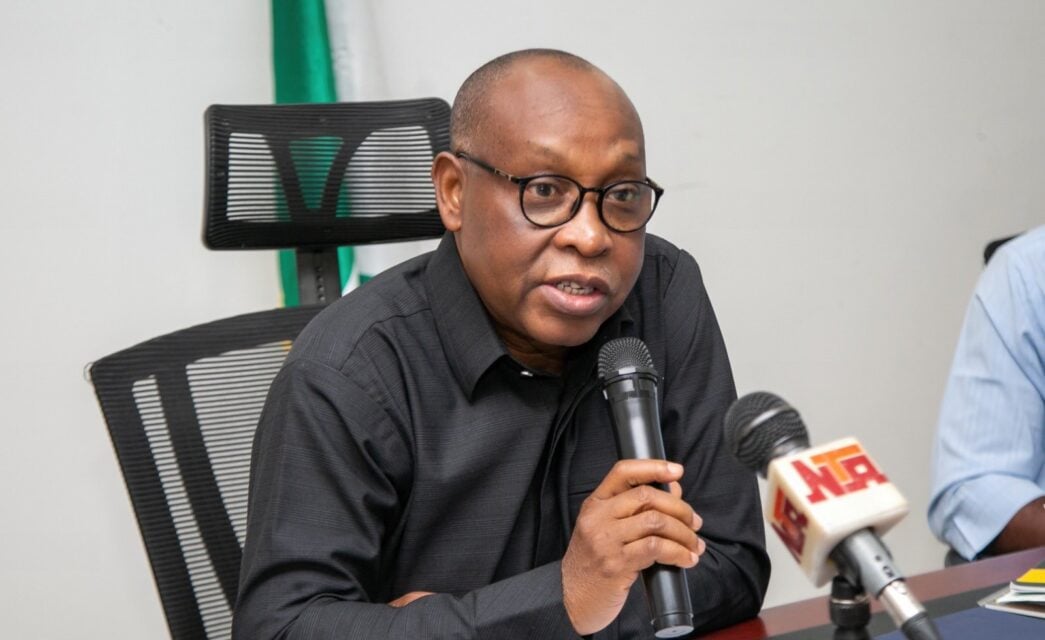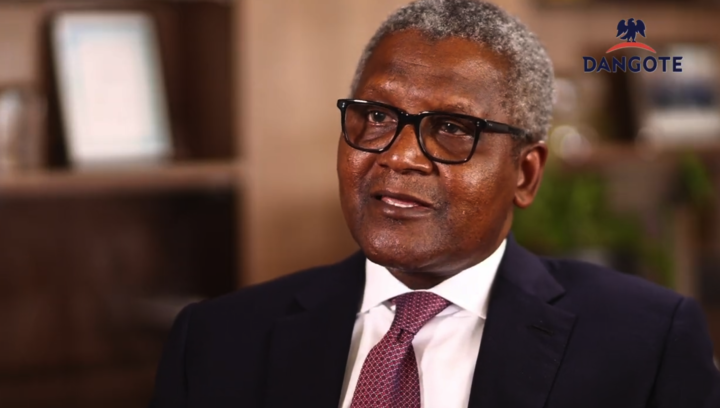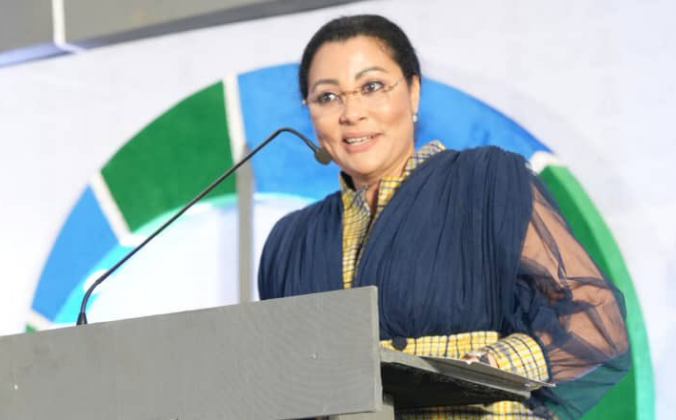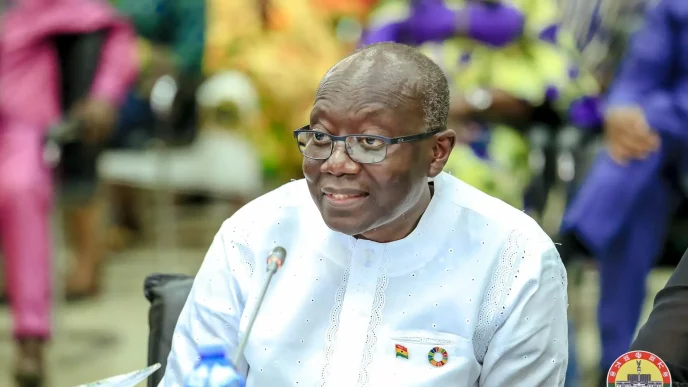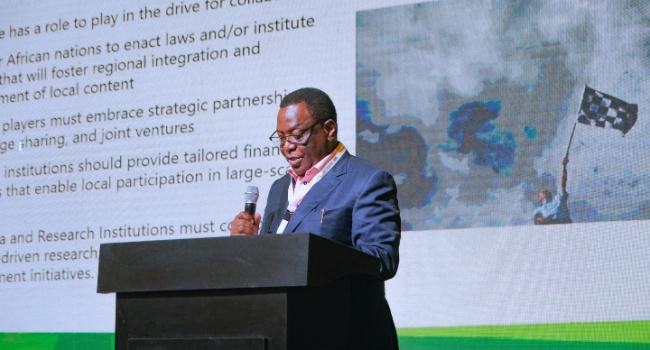Ogbonnaya Orji, executive secretary of NEITI
The Nigeria Extractive Industries Transparency Initiative (NEITI) has raised alarm over the growing abuse of the Freedom of Information (FoI) Act by “faceless individuals and organisations” masquerading as civil society groups to extort public officials and institutions.
Orji Ogbonnaya Orji, executive secretary of NEITI, spoke on Tuesday during a roundtable to mark 14 years of the FOI Act in Abuja.
Ogbonnaya said the trend is “a dangerous weaponisation of a noble democratic law”.
“Let there be no mistake: this is not activism—it is sabotage,” he said.
Advertisement
“These fake NGOs and touts parade false identities, file FOI requests under misleading pretences, and then engage in media blackmail and threats to extract money.
“They have no interest in facts or transparency. Their only mission is extortion. And it must stop.”
Orji said the FOI Act, enacted in 2011, is a cornerstone of Nigeria’s democracy, enabling public access to information and government oversight.
Advertisement
However, he warned that without urgent reforms, the Act risks being hijacked by malicious actors.
“At NEITI, we have responded to 72 FOI requests in the last decade. We operate a dedicated FOI portal, publish annual progress reports, host regular stakeholder forums, and proactively disclose data including our Beneficial Ownership Register,” he said.
“But these fake NGOs ignore these disclosures and instead resort to threats aimed at coercion and extortion.”
‘AMEND FOI ACT TO CRIMINALISE FALSE CLAIMS’
Advertisement
Orji called for legislative and institutional reforms, including amending the FOI Act to criminalise false claims, introducing identity verification systems for requesters, institutionalising FOI units across ministries, departments and agencies (MDAs), and expanding civic education on responsible FOI use.
The executive secretary also urged anti-corruption agencies like the Economic and Financial Crimes Commission (EFCC), the Independent Corrupt Practices and Other Related Offences Commission (ICPC), the Code of Conduct Bureau (CCB), and others not to be distracted by impostors posing as accountability actors.
“The FOI Act is not a blackmail licence. It is a promise of truth, openness, and democratic empowerment. We must protect that promise from abuse,” he said.
Faith Nwadishi, executive director of the Centre for Transparency Advocacy (CTA), praised NEITI’s record on proactive disclosure, describing its reports as “vital instruments of transparency” that support accountability efforts.
Advertisement
On his part, Erisa Danladi Sarki, civil society representative on the NEITI board and national coordinator of Publish What You Pay (PWYP), warned that fake actors threaten public trust in the FOI regime.
“We must not allow faceless actors to erode public trust in FOI. The Act must remain a shield for truth—not a sword for deception,” she said.
Advertisement
Emmanuel Uche, programme manager of the Rule of Law and Anti-Corruption (RoLAC) Programme, said the FOI Act is central to deepening Nigeria’s democracy.
Advertisement

